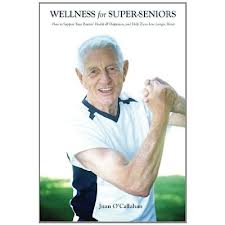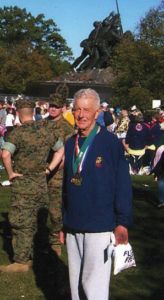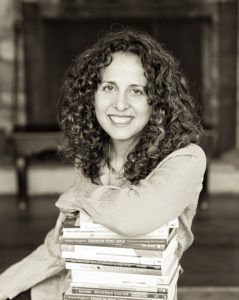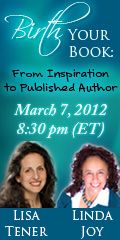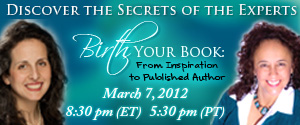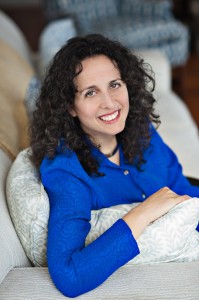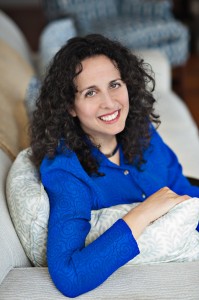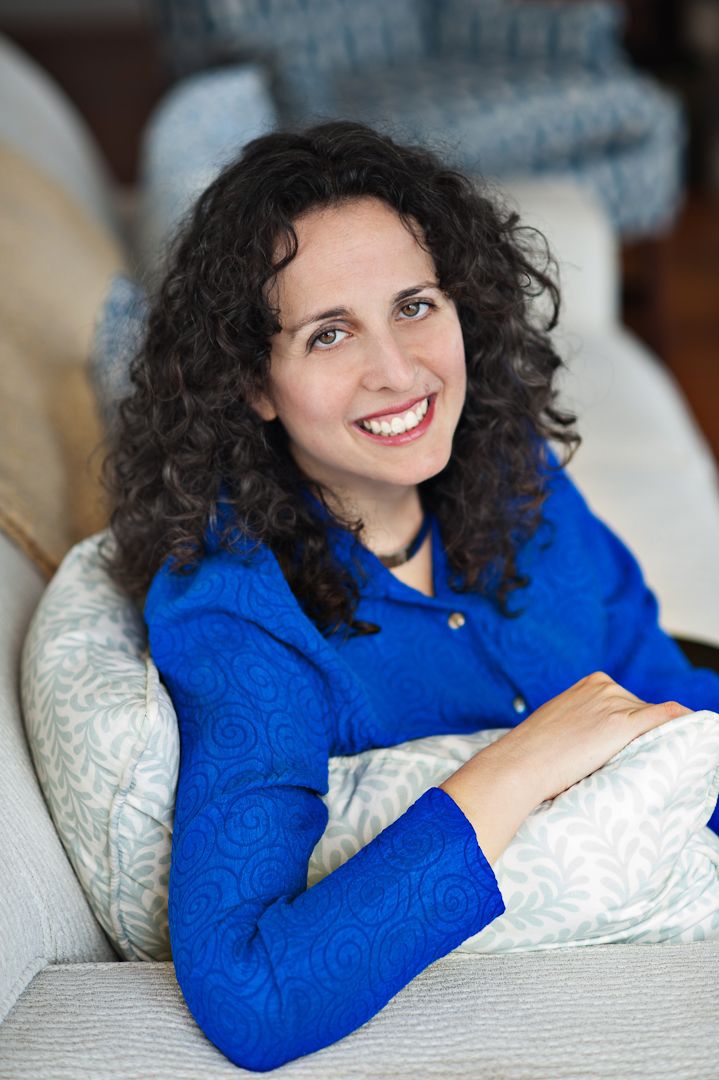 I love my work as a book writing and publishing coach. Inevitably I meet people who are up to such interesting things–so I’m always learning from them. Sometimes, what they have to teach is particularly relevant to someone writing a book, as is the case with Dylan Klempner who is an artist in residence at Shands Hospital’s Arts in Medicine Program and has just launched the program 31 Days to a More Creative You.
I love my work as a book writing and publishing coach. Inevitably I meet people who are up to such interesting things–so I’m always learning from them. Sometimes, what they have to teach is particularly relevant to someone writing a book, as is the case with Dylan Klempner who is an artist in residence at Shands Hospital’s Arts in Medicine Program and has just launched the program 31 Days to a More Creative You.Lisa: Let’s start with health, since that’s such a big part of what you do, Dylan. What are some of the health benefits of creativity?
 Lisa: What are some specific benefits?
Lisa: What are some specific benefits? 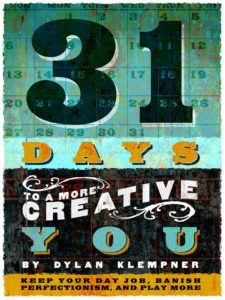 course you just launched.
course you just launched.

